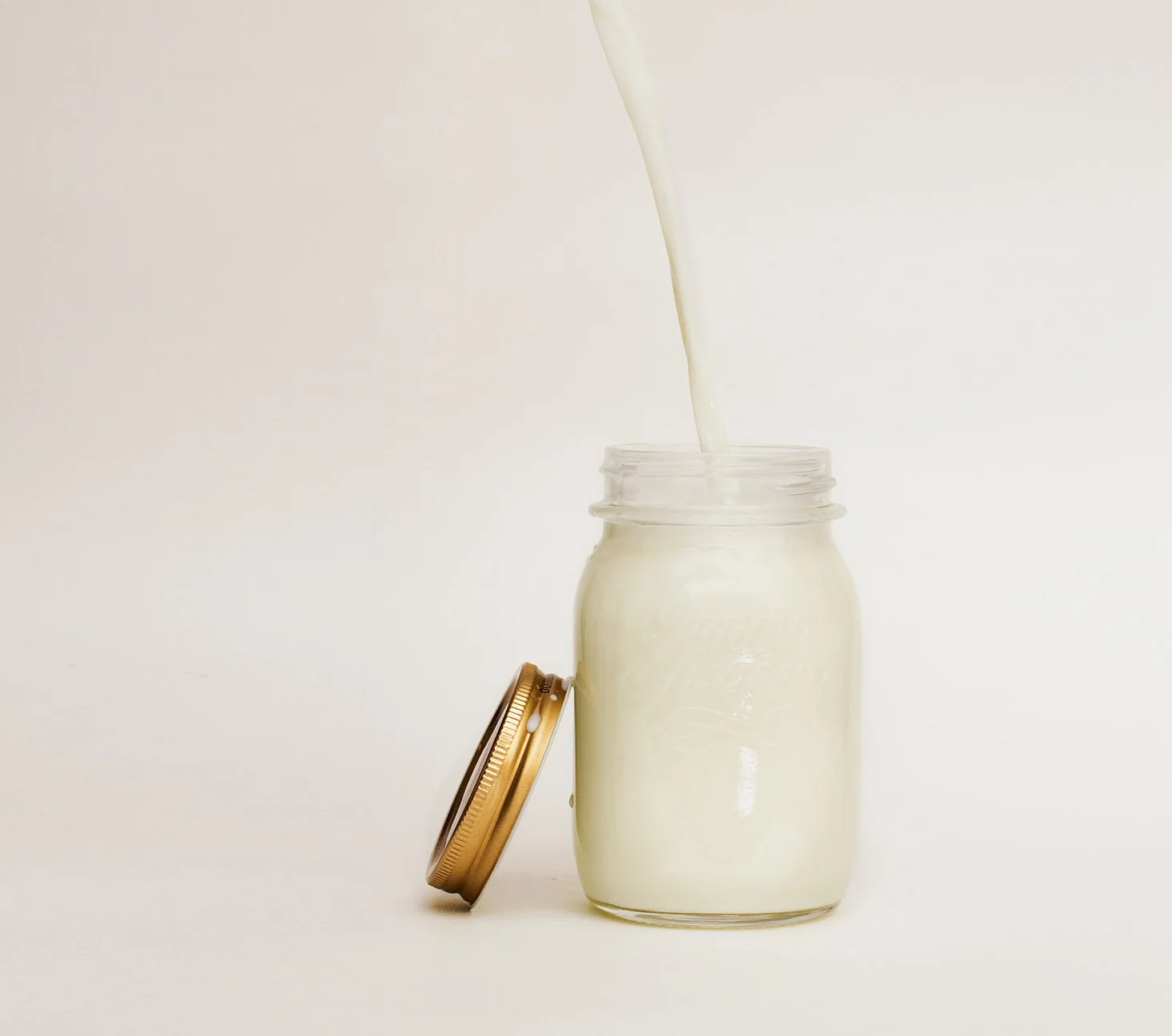Bone Health In Teenagers
I have had lots of questions recently about bone health. This has not just been from women in peri and post-menopause but also surpisingly about teenagers.
Intakes of calcium are a concern amongst the population of teenage boys and girls and young women aged 19-24 years. The National Diet and Nutrition Survey carried out for Public Health England shows that a number of teenagers (11% of boys, 22% girls) fail to meet even the lower reference nutrient intake (LRNI) (1). The LRNI represents the needs of only 2.5% of the population, i.e. the majority need MORE.
The teenage years are key periods for building strong bones.
90% of peak bone mass is attained by the age of approximately 18 years in girls and 20 years in boys (2)
20-30% of peak bone mass depends on the quality of diet and lifestyle
After your mid 30s and 40s, bone mass slowly declines
Maximising bone mass in teenagers
What can you do to ensure your teenagers are eating the right nutrients to support healthy bones ? I’m sure your first thought is calcium and you are on the right track but, it’s not just about calcium.
Calcium intake – for boys this should be 1,000mg per day and girls 800mg per day
Vitamin D is important to ensure calcium can be properly absorbed. Vitamin D is hard to obtain from just dietary sources, so consider taking a daily supplement containing 10 mcg of vitamin D, particularly from October to March when there is less exposure to sun (3).
Weight bearing exercise – this includes any exercise in which your feet and legs carry your own weight such as jogging, dancing, hiking, walking and team sports (4)
Sources of calcium
Although a wide range of foods contain calcium, the amount of calcium per serving and its bioavailability ie the amount that is absorbed by the body, varies considerably. This is because plant foods contain oxalate and phytate which interferes with the absorption of calcium. The exception to this is soybeans.
Calcium content of common foods (5):
Milk, 200mls contains 240 mg calcium
Cheese, 30g contains 220 mg calcium
Yoghurt, 120g contains 200 mg calcium
Calcium enriched plant based milks, 200mls contains 240mg
Tinned sardines with bones, 85g contains 325 mg calcium
If you would like any help, advice or to book a consultation, please email me at sharon@kallosnutrition.com
References
Results of the National Diet and Nutrition Survey (NDNS) Results from Years 7 and 8 (combined) of the Rolling Programme (2014/2015 to 2015/2016). Accessed May 2019 via: https://www.gov.uk/government/statistics/ndns-results-from-years-7-and-8-combined
Moore, J. (2011) Children’s bone health and meeting calcium needs. Journal of Family Health. Accessed May 2019 https://www.jfhc.co.uk/childrens-bone-health-and-meeting-calcium-needs
PHE publishes new advice on Vitamin D. Accessed May 2019 via: https://www.gov.uk/government/news/phe-publishes-new-advice-on-vitamin-d
Office of the Surgeon General (US). Bone Health and Osteoporosis: A Report of the Surgeon General. Rockville (MD): Office of the Surgeon General (US); 2004. Table 7-6, Weight-Bearing Exercise for Kids and Teens. Accessed May 2019 via : https://www.ncbi.nlm.nih.gov/books/NBK45523/table/ch7.t6/
BDA Food Fact Sheet: Calcium. Accessed May 2019 https://www.bda.uk.com/foodfacts/Calcium.pdf
